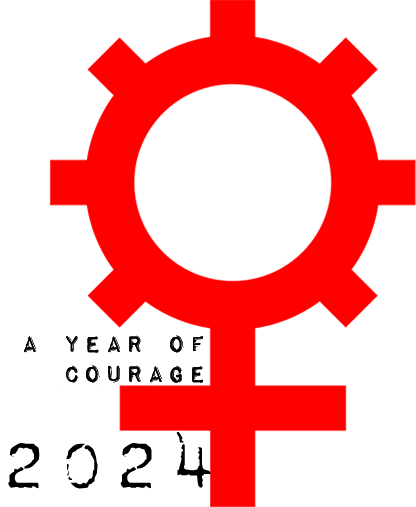You remember, therefore you are. However, is memory more than the realization that something is missing, or the attempt to relive an experience? You have the ability to become wisely skeptical due to memory, unlike the child that harms itself due to not knowing better. Some people have to ‘learn the hard way,’ another way of proclaiming that learning from one’s experience can be effective, albeit costly. Over time, you become better at things through practice. Why? If done right: your body will remember the effective ways of moving, your mind will require fewer active conscious thoughts to achieve the same result, and you will establish the sensation of comfort. It will just ‘feel right.’ You will remember how to do it, and can gradually learn to do it better, remember it, and the cycle continues.
What happens if we don’t remember? You remember, therefore you are. You can compile a collage of concepts from chronicles of information. We cannot, therefore what are we? Are we little more than a poor mix of who we wish to be, at that moment in time, and a reflection of our ever-changing environment? Your memory grants you stability, and comfort; a sense of peace in your truths. Our idea of identity is a variable, fraught with internal and external errors of myriad source. Your wounds gradually scar over and become less painful in time; we relive our wounds again, but as if for the first time, and are hurt accordingly.
Memory is more than identity, and we who have lost ours begin to understand how many areas of our lives become impacted. You will gradually improve over time, through your development of skill. We repeat the same basic tasks, grasping at fragments. You progress and move on to new and exciting challenges, we try to assemble ourselves with what we think we might know. You speak with authority on technicalities, we speak with vague recognition of familiar concepts. You close your eyes and enjoy your visions of dreams or loved ones, we close ours and see the back of our eyelids. You happily sing your favorite song, we jumble the wrong words in an effort to harmoniously pretend, half a beat too slowly. You recreate your successes to ensure quality, while we reinvent our processes and hope for the best. Every day we re-learn how much we get left behind.
Trust. Part of all this renders down to trust. You can trust yourself. You can believe in what you say, and what you are capable of. You have your memories, and thus your humanity, to back you up. When you had your long hair and chopped it off, you went to play with it anyway because you remembered doing so, it was comfortable for you to do so. You giggled at yourself for it not being there. ‘Oh yeah.’ We, however, never went looking for the hair that isn’t there anymore. We didn’t have that muscle memory, we have no real sense of continuity. We woke up the next morning and tried to fashion a semblance of normalcy, like we do every day. Each day is a new life, born that day, and all this ‘newness’ is often scary.
You remember, therefore you trust. Or not. You can make rational decisions on whether to trust yourself, your environment, and the things life throws at you. What about us? Who do we trust? Our own: detached, fragmented and argumentative internal voices? The vitriolic, anonymous, pervasive internet citizen? Those from whom we get the most input, simply due to exposure? We remember little, but we know we have been wrong and wronged. We wish to trust and be trusted, but we don’t remember what that’s like.
It would be nice to remember.
It would be nice to be.
